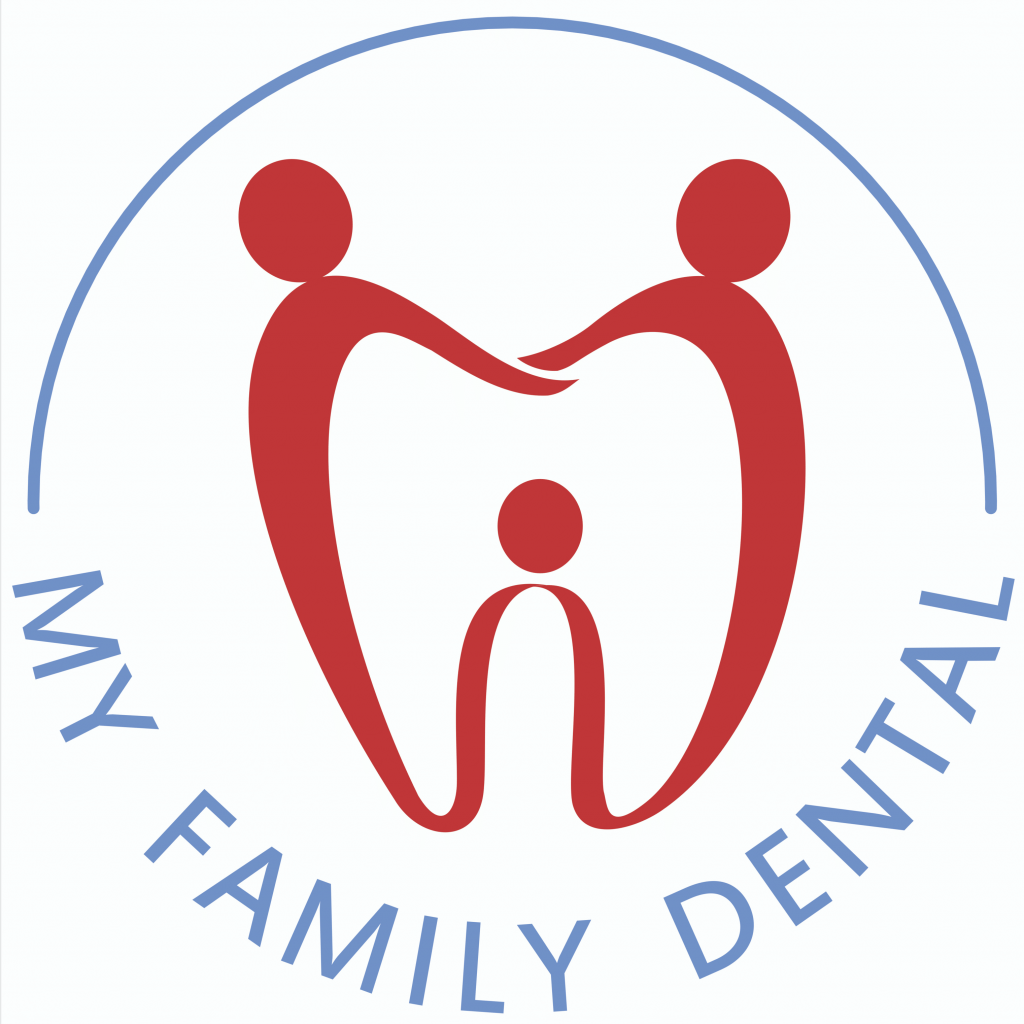What are Veneers?
Veneers are very thin dental restorations placed on the tooth surface, most commonly on the front teeth. They work like shields that cover and preserve the natural tooth structure. Cosmetic dentists typically use veneers to enhance the appearance of their patient’s smiles. Let’s take a closer look at the functions of veneers.
Two Types of Veneers
There are two types of veneers based on the material used to create them:
- Porcelain Veneers. These are made of porcelain and have a very natural appearance. Compared to composites, porcelain veneers are more durable and longer-lasting. They are bonded to the teeth permanently and blend perfectly with the tooth colour.
- Composite Veneers. Unlike porcelain veneers, composites don’t need to be created in a dental laboratory. Dentists can create the veneers in-chair, which means patients can get them done on the same day. However, composites are less durable and may require replacement after a few years. They are also less natural-coloured and may look noticeable if the shade is very different from the patient’s teeth. Composites are not permanent and can be removed by the dentist if needed.
Applications of Veneers
Veneers can be used to cover several dental problems such as:
- Cracked teeth
- Worn-down teeth
- Discoloured teeth
- Misshapen teeth
- Teeth with gaps
Most dentists also use veneers in their smile makeover programs. They can be purely cosmetic or serve more restorative purposes.
Benefits of Getting Veneers
While veneers may seem quite expensive, they are definitely worth the investment because of the following benefits:
- Long-lasting and permanent solution. Porcelain veneers can last a patient’s entire lifetime if cared for properly.
- Minimally invasive and safe. Although some trimming is required to accommodate the placement of the veneers, they are very safe in general. The materials used for veneers are biocompatible, which means there are little to no side effects or allergic reactions. They also blend well with natural teeth and don’t affect a patient’s eating or speaking abilities.
- Unnoticeable and natural-looking. Porcelain veneers have a natural glossy appearance similar to real teeth. Their colour matches the patient’s natural tooth colour perfectly.
- No maintenance is required. Veneers are not prone to infections or decay. You can care for them with proper brushing and flossing.
What Can I Expect When Getting Veneers?
The process of getting veneers requires several visits. Here is what you can expect during treatment:
- Consultation and examination. First, your dentist will carefully examine your current dental condition. Additional diagnostics such as X-rays may also be required to assess your teeth accurately. Your dentist will then confirm if veneers are the ideal treatment method or if they would recommend a better option for restoration.
- Planning and preparation. On the same day, your dentist will discuss how veneers will be applied to your teeth. The plan may include the number of veneers you need, the colour, size, and shape of the veneers, and how they look on your teeth. The dentist will also explain if other procedures need to be done first, such as root canal, teeth whitening, or deep cleaning.
- Fabrication of veneers. Porcelain veneers are moulded in a dental laboratory. To make them, your dentist will first take an impression of the tooth that needs veneers. The actual veneer will be developed after the impression. This may take a few days to finish. Once the veneer is done, your dentist will prepare your tooth by trimming off around 0.5 mm from your tooth enamel. This will give enough space for the veneer to fit perfectly on your tooth surface.
- Installation and finishing touches. The porcelain veneers will be attached to the prepped tooth using a special adhesive and cured with UV light. The light activates the chemicals in the adhesive to make it harden very quickly. Once the curing time is done, your veneers should be permanently bonded to your tooth. Your dentist will check if the veneer has adequately bonded for the finishing touches, remove any excess adhesive, and adjust the veneer as needed.
Ask Your Queensland Dentist About Veneers
Getting veneers requires proper diagnosis and treatment planning. At My Family Dental, we will work with you to achieve the results that you have always wanted. We involve our patients closely in the treatment plan and provide all the necessary details to help you make an informed decision. Please call us today to set an appointment.



